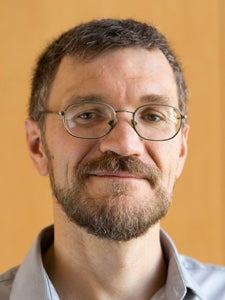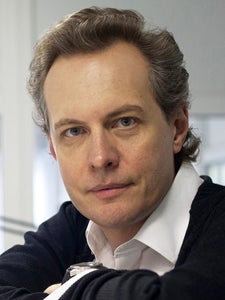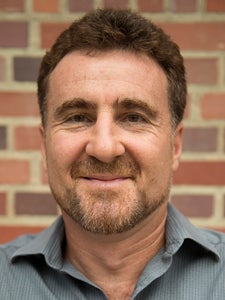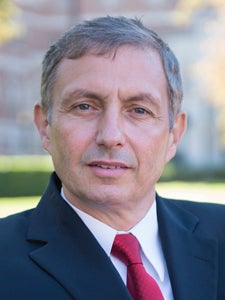
Four USC Dornsife researchers are noted among the most influential in science
The researchers, all members of the Bridge Institute at the USC Michelson Center for Convergent Bioscience, set a high bar for their peers, ranking among the top 1 percent of cited scientists in their fields of study.
Science does not take place in a vacuum. Countless experiments are undertaken every year, with each one drawing ideas from previous experiments, adding to the pool of knowledge and fueling further studies. Clarivate Analytics (formerly Thomson Reuters), a New York City-based multinational media and information firm, generates an annual Highly Cited Researchers list to determine which scientists have made the most foundational contributions to their fields.
First noting the top 1 percent of cited papers indexed between 2004 and 2014 in 21 fields of study, the company then counts the number of these papers attributed to each author. These research papers describe work that the scientific community has judged to be the most noteworthy. In the end, about 3,100 researchers rose to the top of their fields.
The prestigious list of “The World’s Most Influential Scientific Minds” for 2016 includes four scientists from USC Dornsife. All are members of the Bridge Institute at the USC Michelson Center for Convergent Bioscience.

Vadim Cherezov, professor of chemistry, biological sciences, and physics and astronomy, was noted in the Pharmacology and Toxicology category. Cherezov studies the structure and function of proteins that reside in cell membranes, many of which may be involved in serious diseases including Alzheimer’s and Parkinson’s, as well as diabetes and cancer.

Valery Fokin, professor of chemistry, appears in the Chemistry category. Fokin is known for co-discovering copper-catalyzed azide-alkyne cycloaddition, recognized in the field as the iconic example of “click chemistry.” This term refers to finding the simplest and most reliable chemical reactions to build molecules that can be used to discover new medicines and materials. Fokin’s research focuses on uncovering the molecular basis of human disease by identifying features that set it apart from healthy physiological processes.

Vsevolod Katritch, assistant professor of biological sciences and chemistry, is listed in the Pharmacology and Toxicology category. Katritch employs structure-based computational approaches to study signaling of membrane proteins, including members of the superfamily of G protein-coupled receptors, and to design new molecules that selectively control the function of these important clinical targets.

Raymond Stevens, Provost Professor of Biological Sciences, Chemistry, Neurology, Physiology and Biophysics, and Chemical Engineering and Materials Science, and director of the Bridge Institute, was named in two categories: Pharmacology and Toxicology and Biology and Biochemistry for the third year in a row. Authoring more than 300 peer-reviewed articles, Stevens pioneered work in high-throughput methods for revealing the structure of proteins — essential work for pharmaceutical drug development. He is a serial entrepreneur and has helped develop several therapeutic molecules for conditions ranging from influenza to diabetes.
Six faculty members from Keck School of Medicine of USC also were among the world’s most highly cited researchers: Arthur Toga, Provost Professor of Ophthalmology; Berislav Zlokovic, professor of physiology and biophysics; Paul Aisen, professor of neurology; Huaiyu Mi, associate professor of research preventive medicine; Paul Thompson, professor of ophthalmology, neurology, psychiatry and the behavioral sciences, radiology, psychiatry, and engineering; and Steve Kay, Provost Professor of Neurology, Biomedical Engineering and Biological Sciences.